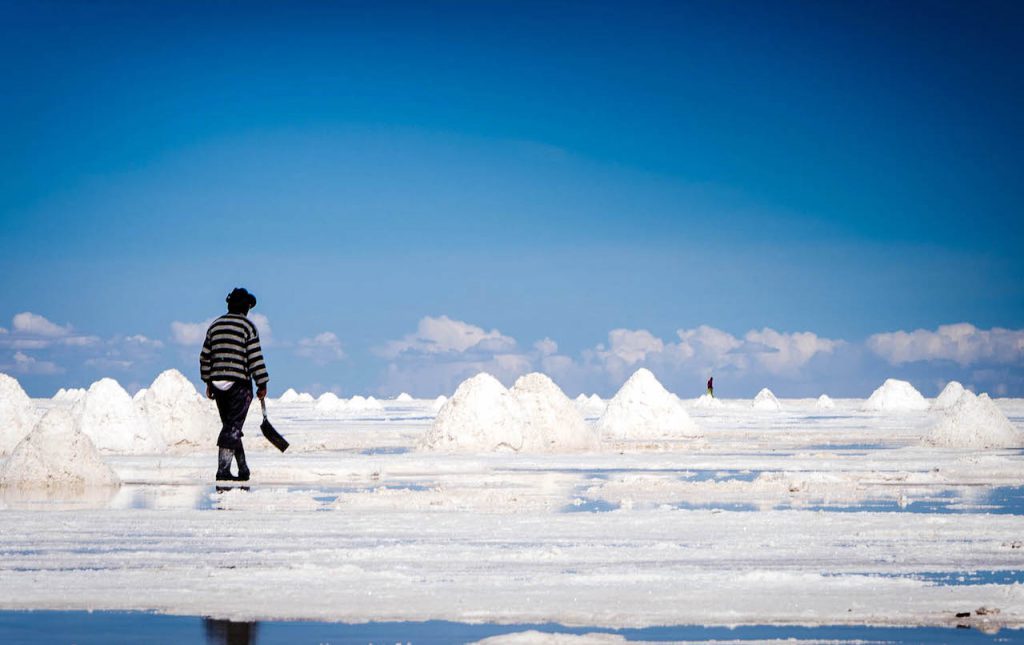Lithium revival a dead cat bounce as prices slump to 20-month low

The lithium market has been in turmoil with dramatic rises and falls in prices over the last five years as demand from electric cars takes off and global supply growth struggles to keep up.
In its latest market assessment for the two weeks ending August 23, Benchmark Mineral Intelligence tracks an eye-popping 10.7% sequential decline in its lithium index, a sales weighted measure of global prices across grades.
The index, now down by more than half in 2023, was dragged down by falling prices for hydroxide during the 2-week period due to poor demand for high-nickel cathodes in China, the dominant market for the battery material.
Unusually, global prices for hydroxide at $33,508 a tonne fell to below that of carbonate. Lithium prices peaked in January this year with prices for both chemicals trading above $70,000 a tonne.
Continued weakness on the spot market in China with ex-works hydroxide now below $30,000, was filtering through to contract negotiations with CIF hydroxide prices in Asia falling 11%, according to Benchmark.
Europe, North America follow Asia down
The London-HQ’d research consultants says European and North American hydroxide prices suffered similar declines with buyers successfully negotiating lower hydroxide prices for both spot and contract volumes using lower prices in Asia as leverage.
Prices in the EU and North America are now down 35% year to date, reaching an average of $40,000 a tonne with Benchmark noting the declines occurred “amid purchasing activity in these markets starting to pick up, following the summer lull period experienced in the northern hemisphere.”
Carbonate shows a little fizz
Amid the gloom on lithium markets there were some positive developments. According to Benchmark, the lower end of technical grade carbonate transactions rose by more than $500 a tonne in China over the two weeks:
“Moreover, technical grade carbonate typically exhibits heightened sensitivity to shifting market trends, given the active participation of highly responsive traders focused on this grade.
“As such, Benchmark notes that this could serve as an early indicator of price declines easing in the near term.”
Spotty spodumene forecast
Over the assessment period spodumene concentrate prices only declined slightly to average $3,200 a tonne, down 50% so far this year.
Following the sustained price declines in the lithium chemicals spot market in Asia, Benchmark anticipates that spodumene contract prices could fall further in the near term.
The Australian government’s most recent quarterly outlook predicts prolonged weakness for the country’s hard rock miners as new mines enter production and supply catches up to booming demand.
Global output is set to come close to 1 million tonnes of lithium this year and is expected to ramp up to just under 1.5 million tonnes in 2025. That’s double last year’s worldwide production.
Australia’s share will drop from 50% of global output today to 40% by 2025 despite a doubling of production to 596,000 tonnes by that time. Number two and three producers Chile and China are also expected to continue to grow while emerging production in Argentina, Canada and Zimbabwe will add to the rapid ramp up worldwide.
{{ commodity.name }}
{{ post.title }}
{{ post.date }}




Comments